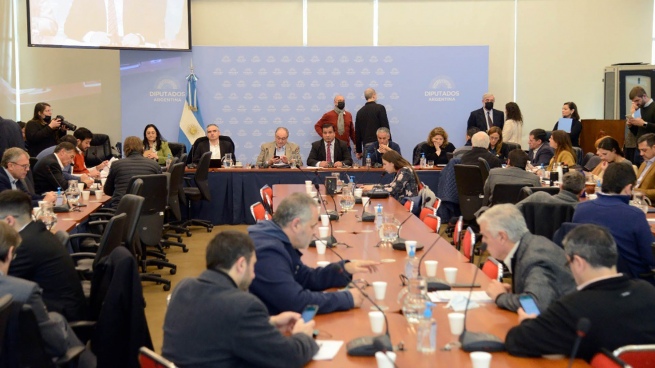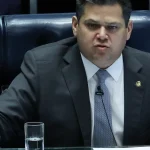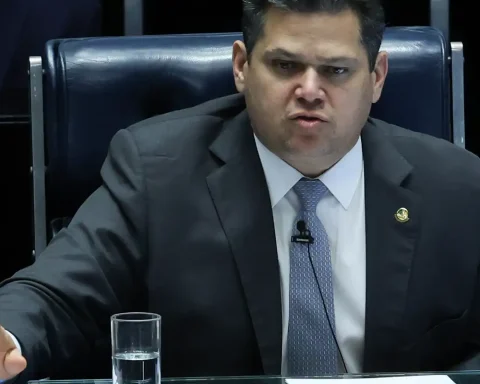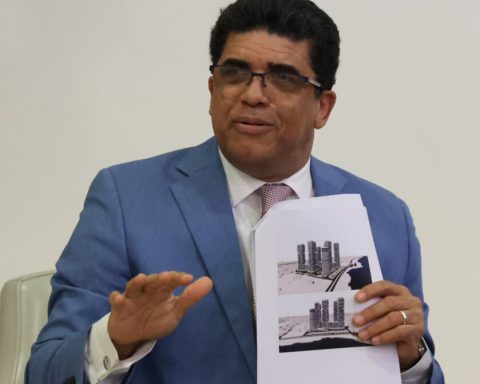The bill that establishes investment promotion measures in the automotive industry, contemplates tax benefits such as exemption from export rights until 2031 and declares auto parts production a strategic sector This Tuesday, he obtained a unanimous opinion from pro-government supporters and opponents in the Budget and Finance and Industry committees of the Senate.
In this way, the initiative is ready to be debated in the session hall, where it is assumed that it will be converted into law, after it was approved in early July with the votes of the Front of All and Together for Change in the Chamber of Deputies.
The rule is one of those demanded by the current Minister of Economy, Sergio Massa, and that, when the official was president of the Lower House, he promoted together with the Buenos Aires macrista deputy Cristian Ritondo.
The initiative establishes a set of incentive measures aimed at new investment projects that ensure increased production, exports and employment in terminals and auto parts companiesin order to add value from industrial processes.
Also, Benefits are contemplated for automotive investments, such as the early return of the Value Added Tax (VAT), since it establishes that the return term will be reduced from six to three years and, in the case of the amortization of capital goods, of five to three years.
The standard, in turn, creates two new entities: a new investment promotion program and the Mobility Institute.
The first of the entities includes both capital investments and infrastructure works and benefits both foreign and domestic terminals.
The second strategic axis creates an institute whose purpose is to coordinate the different links of the automotive value chain with the public sector, that of the workers and that of technological innovation.
In this sense, the president of the Industry Commission, San Juan opponent Roberto Basualdo, mentioned that currently, to approve the safety standards in a vehicle, “it must be taken outside the country” and stressed that “this institute will serve to that we homologate it here”.
“This law has three benefits: accelerated depreciation, VAT recovery and the elimination of withholdings. Of course, the counterpart must be the investments”Basualdo explained.
The senator from Together for Change also assured that “with this tool, Argentina is once again competitive in the international market.”
The president of the Budget and Treasury Commission, the Peronist from La Rioja, Ricardo Guerra, affirmed that “it is an important incentive law for a sector considered strategic for the country’s economy.”
“It has a broad multiplier effect and promotes the export profile,” Guerra listed, adding that “it is very necessary to encourage the industrialization of Argentina’s economic matrix and consolidate the automotive sector, which has a strong innovative and employment-generating imprint.”
His colleague, María Eugenia Catalfamo from San Luis, however, supported the measure, claimed to “go for more” and asserted that “this would have been a very good opportunity for there to be tax benefits that generate green industries.”
After recalling that in his province “the only nationally manufactured electric car is produced,” he added that “times challenge us to think of more environmentally friendly industries.”
Finally, the radical Víctor Zimmermann from Chaco added that “the automotive sector has a significant deficit in the trade balance” which, as he said, “accelerates one of the main problems of Argentina’s monetary policy, which is the lack of dollars.”
In this regard, he indicated that in 2020 the deficit of that branch of the industry was 5.3 billion dollars.
In addition, Zimmermann also, although he announced that he was going to support the bill, questioned the creation of the Mobility Institute and its advisory council and claimed: “Is there an estimate of the budgetary cost of this?”


















